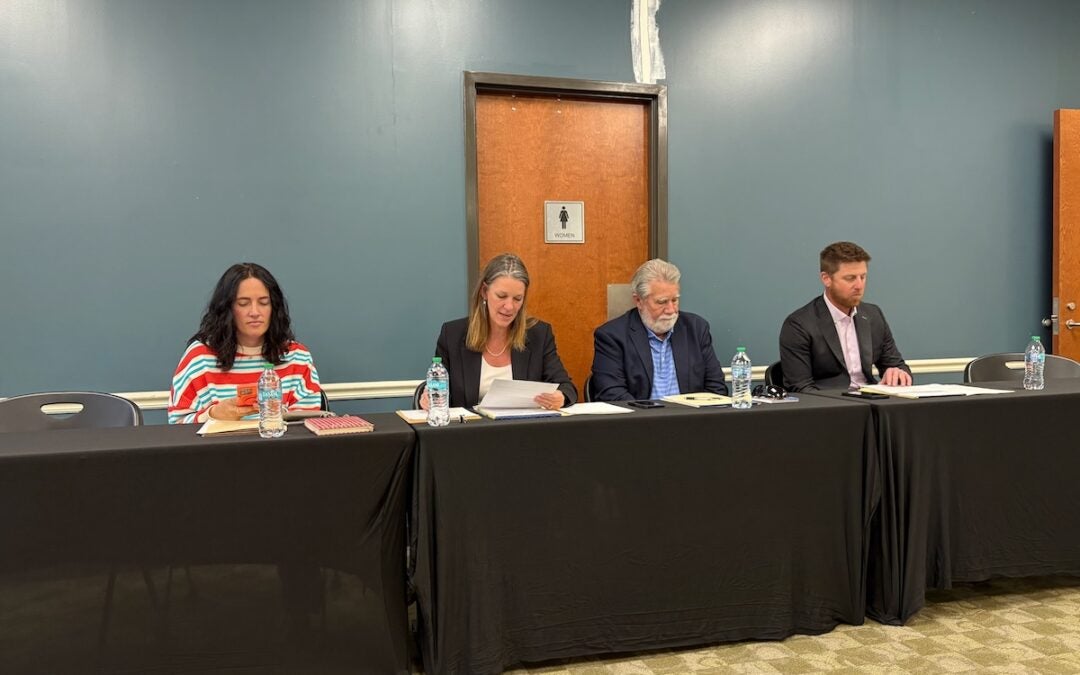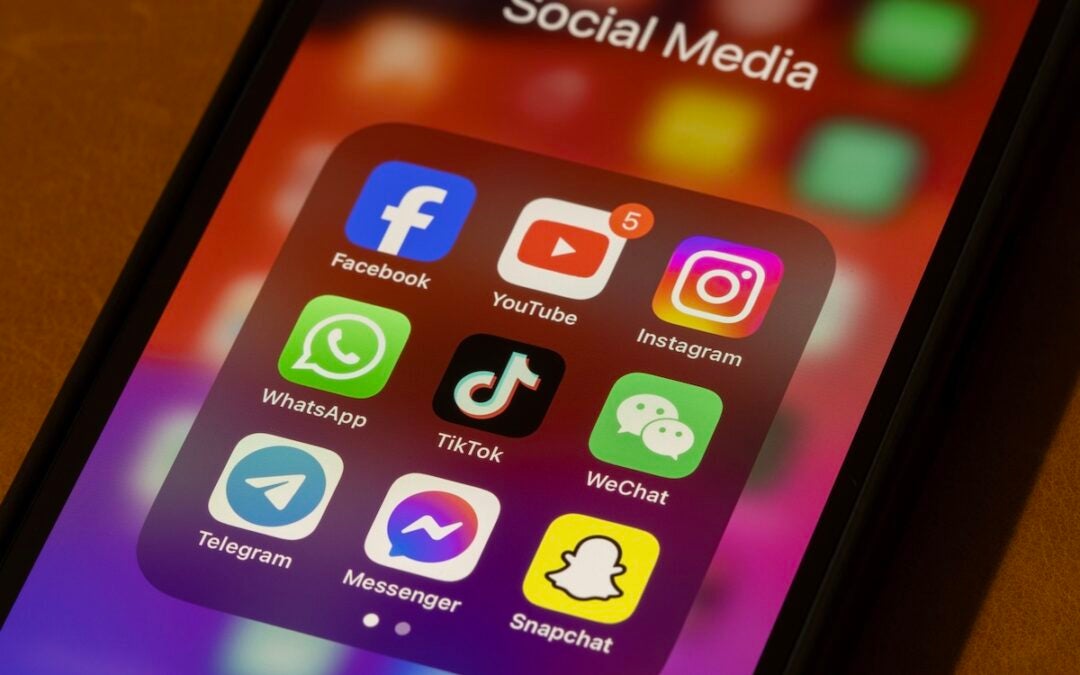In honor of May being Skin Cancer Awareness month, on Wednesday, May 17, the Georgia Cancer Center had just finished installing four sunscreen dispensers across the Augusta University campuses to combat the rising pandemic of skin cancer.
According to the Georgia Cancer Center, one in every five people are diagnosed with skin cancer, and just one intense sunburn can double a person’s likelihood of developing melanoma later in life.
“There are three main types of skin cancer,” said Dr. Loretta Davis, chair of the Department of Dermatology at the Medical College of Georgia. “Basal cell carcinoma may look like a nodule, a sore, an inflamed growth or irritated skin. Squamous cell carcinoma may appear as a crusty or scaly patch of skin with some redness, a firm tumor or a non-healing wound. Melanoma, the most dangerous form of skin cancer, often looks like a new mole but may develop within an existing mole.”
Although basal cell carcinoma is rarely fatal, Davis said it often leads to major deterioration of body parts, such as: eyelids, lips, ears and noses.
“Imagine trying to wear glasses without one of your ears?” she said to audience members at the unveiling of the sunscreen dispensers.
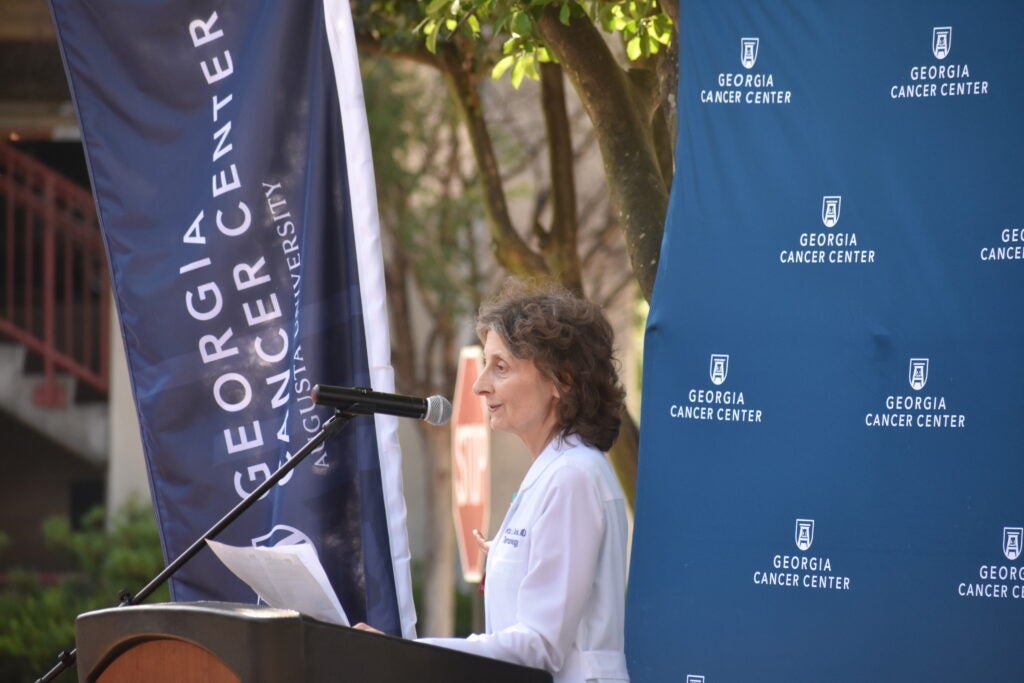
After the university’s Well-Being Committee received a $10,000 grant from the University System of Georgia’s Board of Regents for a new pilot program called “Sun Smart, Skin Safe,” AU is the first college or university in the state to feature sunscreen dispensers for easy application.
“The two major components of Sun Smart, Skin Safe include educational sessions provided by members of the Georgia Cancer Center’s Cancer Information and Awareness program, and installing these sunscreen dispensers,” said Dr. Jorge Cortes, director of the Georgia Cancer Center. “Although those with fair skin do have an increased risk, anyone with a history of excessive sun exposure can develop the disease. It is important for all of us to be aware and protect ourselves.”
Cortes also said skin cancer is currently one of the most common cancers in the country, and in 2023 about 3,400 are expected to be diagnosed with melanoma in Georgia.
According to a press release from the center, the hands-free, battery-operated sunscreen dispensers were designed as an extra measure for promoting the health of university employees, athletes and students while they travel between campuses.
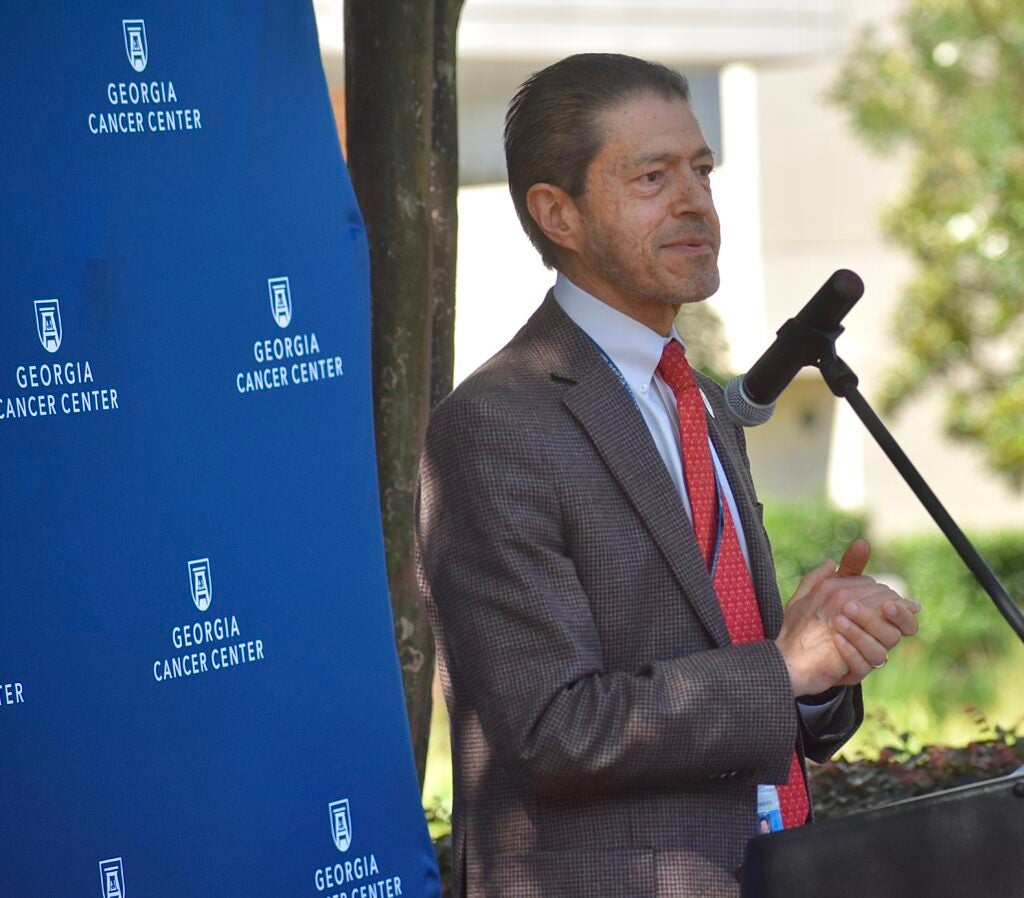
Davis said she also hopes the promotion of sunscreen usage will discourage the popular fashion trend of tanning, because no level of tanning is safe. In order to help combat popular trends, she suggests parents educate children early-on that tanning and sun damage equates to skin cancer, wrinkles and other major health problems.
“Most of the ultraviolet damage that occurs in our skin happens before the age of 18,” she said. “I think parents need to set a precedent for children while they are young. If you just teach them to wear their long-sleeves, wear their hat, wear their sunscreen then they’ll learn that [sunburning and tanning] is bad … that education early on in life oftentimes sticks with them through the teenage years.”
As a skin cancer survivor, Georgia Cancer Center Community Outreach Coordinator Christine O’Meara said she knows firsthand how much people take their skin’s health for granted, and how terrifying it can be to realize the detriment tanning can be to one’s skin over the years.
“My goal today was to share my story about being a cancer survivor and to remind people that it’s really important to take care against the sun,and we have so many tools to do so – sunscreen, clothing, umbrellas, lip balm and so on,” she said.
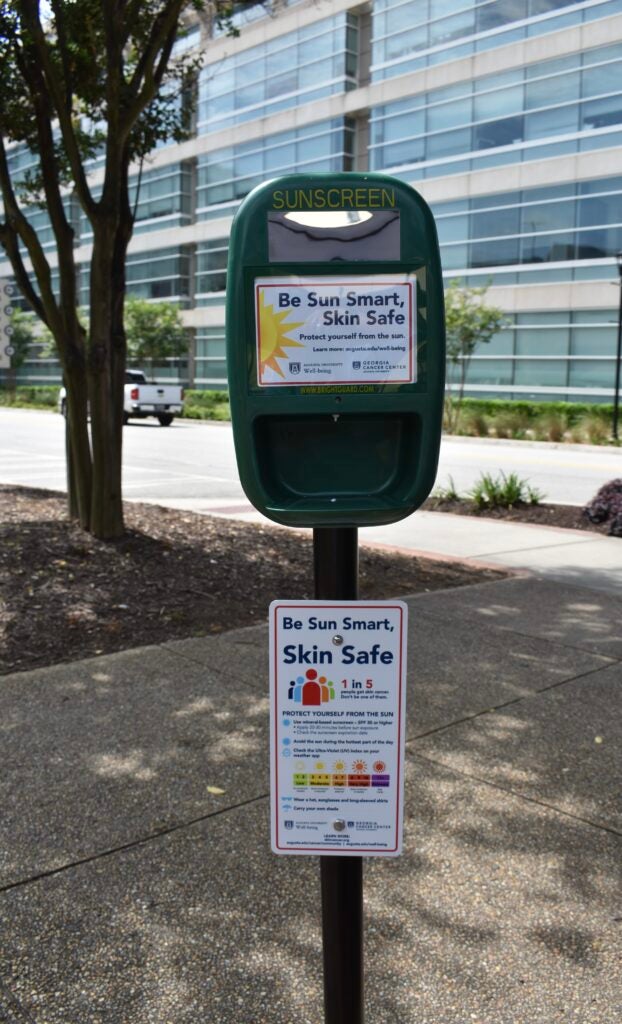
For those with a personal or family history of skin cancer, the center suggests individuals receive full body skin examinations by a board-certified dermatologist at least once a year. The Georgia Cancer Center recommends people undergo routine self-skin checks to catch skin cancers at an early stage and while they are still curable.
“The shade of your skin does not protect you from skin cancer,” said Davis. “Melanomas can occasionally develop in areas where the sun never shines. If you see a suspicious spot, make an appointment with a dermatologist in our department. We offer a team approach in the prevention, diagnosis and treatment of all types of skin cancer.”
For more information about skin cancer or how to limit one’s exposure to ultraviolet rays, visit: https://www.augustahealth.org/cancer-care/skin-cancer





